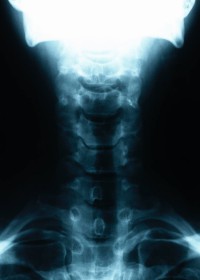
Most of us are aware that sun exposure and tanning beds increase the risk of skin cancer. The most common kind of skin cancer is nonmelanoma skin cancer which, when discovered early, is highly treatable and rarely spreads to other parts of the body. However, a recently released study of 502,490 individuals in the United Kingdom has now linked nonmelanoma skin cancer to a greater risk of future cancer; and young people who are least likely to protect themselves from harmful sun exposure are at greatest risk.
A large, long-term study of people with a history of nonmelanoma skin cancer found that they were more likely to develop other types of cancer. For people under the age of 25, the risk was a disturbing 23 times higher. For adults 25 to 44, risk decreased but was still 3.5 times greater than for those who had never had skin cancer. Risk continued to decrease with age, although it remained slightly higher for all age groups.
“Our study shows that [nonmelanoma skin cancer] susceptibility is an important indicator of susceptibility to malignant tumors and that the risk is especially high among people who develop [the condition] at a young age,” noted Dr. Rodney Sinclair, director of dermatology at Epworth Hospital in Australia, on Cancer Epidemiology, Biomarkers & Prevention.
It was found that people who had nonmelanoma skin cancer before reaching the age of 25 were 53 times more likely to develop bone cancer, 26 times more likely to get blood cancers, 20 times more likely to be diagnosed with brain cancer, and 14 times more likely to develop other cancers other than skin cancer. The study also suggests a significant risk of developing other cancer types–salivary gland, melanoma, bone and upper gastrointestinal tract cancers, in particular–among people with a history of the disease in general.
Issels integrated immunotherapy offers non-toxic alternative cancer treatments for cancers of all types including melanoma.





